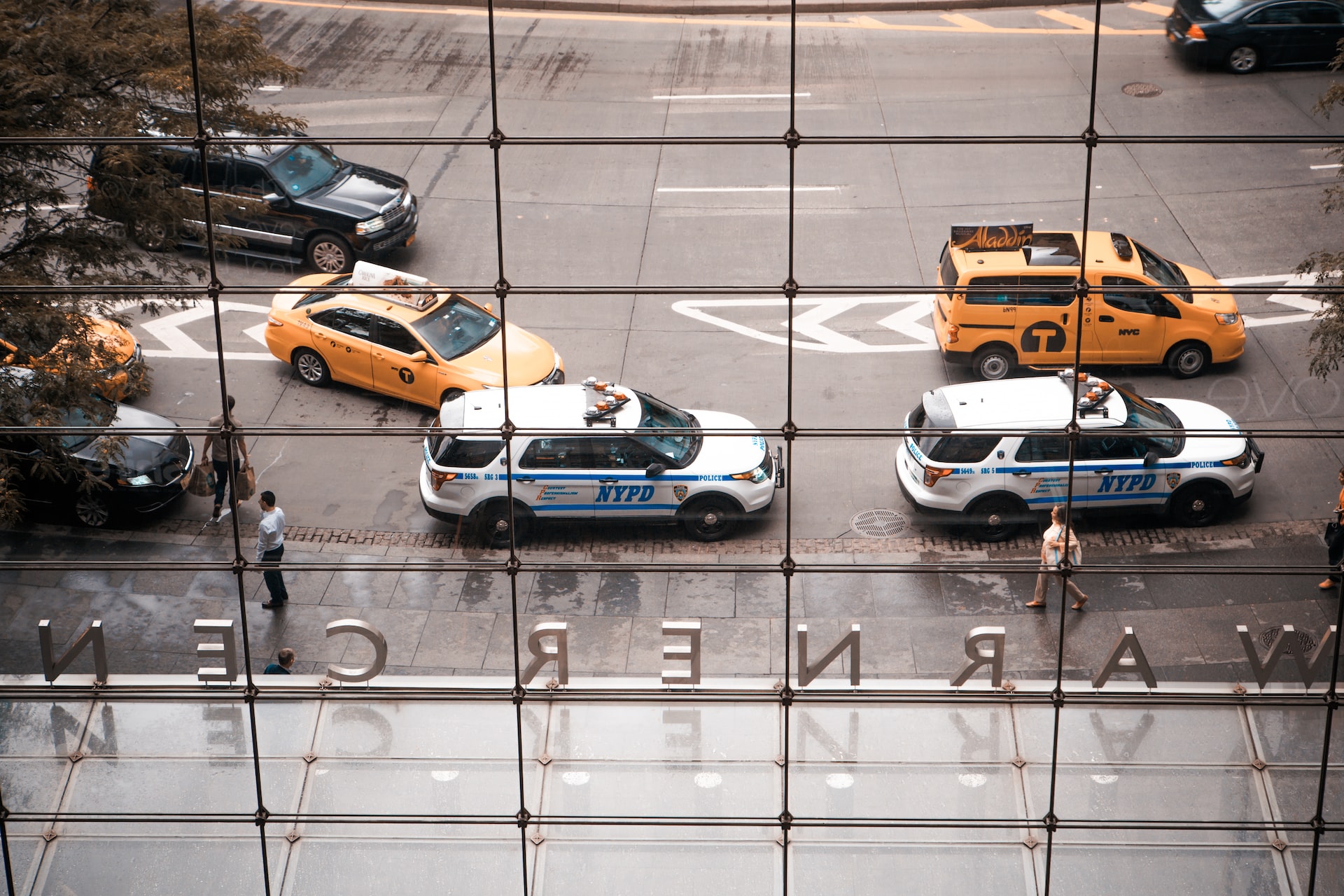Why Radio Encryption Is RTDNA’s Biggest Issue In 2023

By Dan Shelley
President and CEO, RTDNA
Advocating for policies on the federal, state and local level that empower journalists to serve the public is one of the key ways we work for our members. Our 2023 Advocacy Agenda includes working alongside members and press freedom partners across the country to protect the public’s right to record police, pass a federal shield law, and ensure individuals who harm journalists in the course of newsgathering are held accountable.
In these first weeks of 2023, one issue is causing us great concern.
Police departments across the country are encrypting their radio scanner communications with an increased and frightening urgency. Though encryption is not a new issue, it is rapidly accelerating with police departments in New York and Chicago duplicating efforts that are already in place in California, Colorado and more. These encryption policies look different from department to department — with some opting for a delayed release of information, others decrypting for media personnel, and many choosing to encrypt communications entirely.
Regardless of the approach, the consequences of encryption prevent the public from accessing information about the activities of police in real-time. These communications provide individuals and newsrooms with essential updates on issues happening in their communities such as violent crime, hazardous conditions or officer-involved shootings. The move to encrypt police scanner communications puts the public – and the newsrooms that serve them by seeking and reporting the truth – at risk.
We do not want to jeopardize officer safety or listen to private medical information about identifiable individuals on police scanners. We, like police departments across America, want to keep our communities safe and informed, but encrypting police communications has the opposite effect – harming government transparency and impeding the public’s access to information.
To interrupt this encryption trend from further fracturing the information landscape in cities and towns across the country, the RTDNA advocacy team is organizing right now to stop this disturbing decline in transparency.
We need your help to build the case as to why it’s essential to keep police radio scanners open to the public.
Was there a moment where your lack of access to radio communications led to a loss of real-time information sharing? Has your newsroom been impacted by scanner encryption? Why is it important to keep this resource available to the public, including journalists?
Help us build our case by sharing your newsroom’s experience with encryption.
We will provide updates as we move on this issue and the rest of our 2023 Advocacy Agenda. It's up to us to demand transparency from our government officials. It’s up to us to keep public information free, transparent, and accessible to all.
